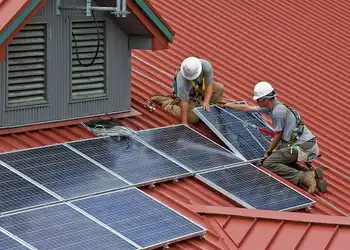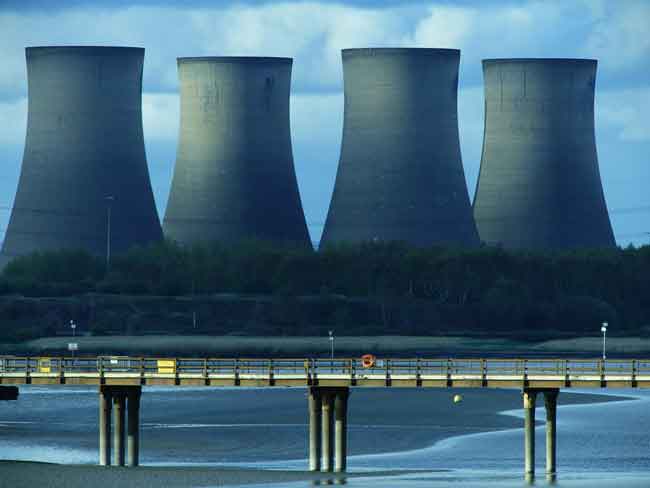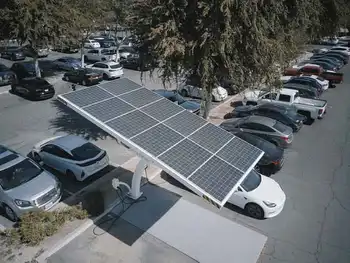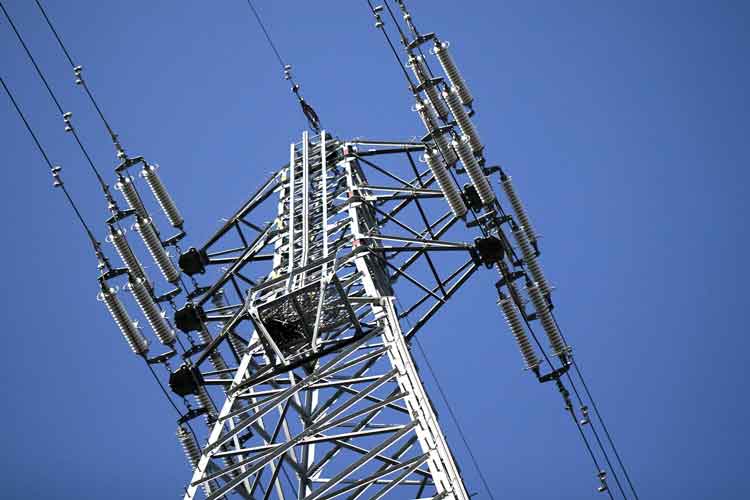Say humbug to an energy-wasting holiday season
By Canada News Wire
NFPA 70b Training - Electrical Maintenance
Our customized live online or in‑person group training can be delivered to your staff at your location.

- Live Online
- 12 hours Instructor-led
- Group Training Available
Direct Energy estimates that Ontarians will spend nearly $11 million in electricity lighting their holiday lights over the month of December while Albertans will spend close to $6 million, Manitobans will spend over $1 million and British Columbians will spend roughly $4.6 million.
There's nothing Scrooge-like about giving back to the planet by being environmentally conscious. In fact, it could be the start of a "green" holiday tradition. To help make that possible, Direct Energy, one of the largest North American providers of energy and energy-related services, is offering consumers tips on trimming their holiday energy usage, which can spike significantly during this festive time of year.
"People have a lot on their mind during the holiday season, so making a few smart choices can go a long way towards helping keep their energy costs down and help our environment at the same time," said Dave Walton, director of home ideas for Direct Energy. Part of Walton's job is helping consumers identify sources of energy inefficiency in their homes and providing them with practical suggestions to make them more energy efficient.
Direct Energy is recommending these measures to reduce usage and maximize efficiency during the holidays:
- Turn down the heat a few degrees. Doing so could save up to 10 per cent on heating bills. Reducing the heat before guests arrive makes sense, too, because all their extra body heat will soon warm up the room.
- Dim the lights and have memorable holiday meals by candlelight. You could even "go organic" and try soy candles.
- Decorate using LED bulbs, which have a rated life of 50,000 hours, representing nearly 20 years of normal usage. That's a bargain, especially when compared with incandescents, which last just 600 to 1,000 hours.
- Wrap gifts with conservation in mind. If everyone wrapped just three gifts in reused paper or fabric gift bags, it would save enough paper to cover 45,000 hockey rinks.
- Don't open the oven door to peek at what's cooking. It can lower oven temperatures as much as 25 degrees, which increases cooking time and gobbles energy. Use the oven light and window instead.
- Remember your other cooking appliances when preparing a holiday meal. Great for cooking or for heating up holiday dinner leftovers, microwaves use about 50 per cent less energy than conventional ovens.
- Use your dishwasher for cleanup. A dishwasher requires 37 per cent less water than washing dishes by hand.
- Buy miniature decorative lights, which use about 70 per cent less energy and last much longer than bigger bulbs. Connect them to an automatic timer to reduce the chance of leaving your holiday lights burning all night or while you're away.











